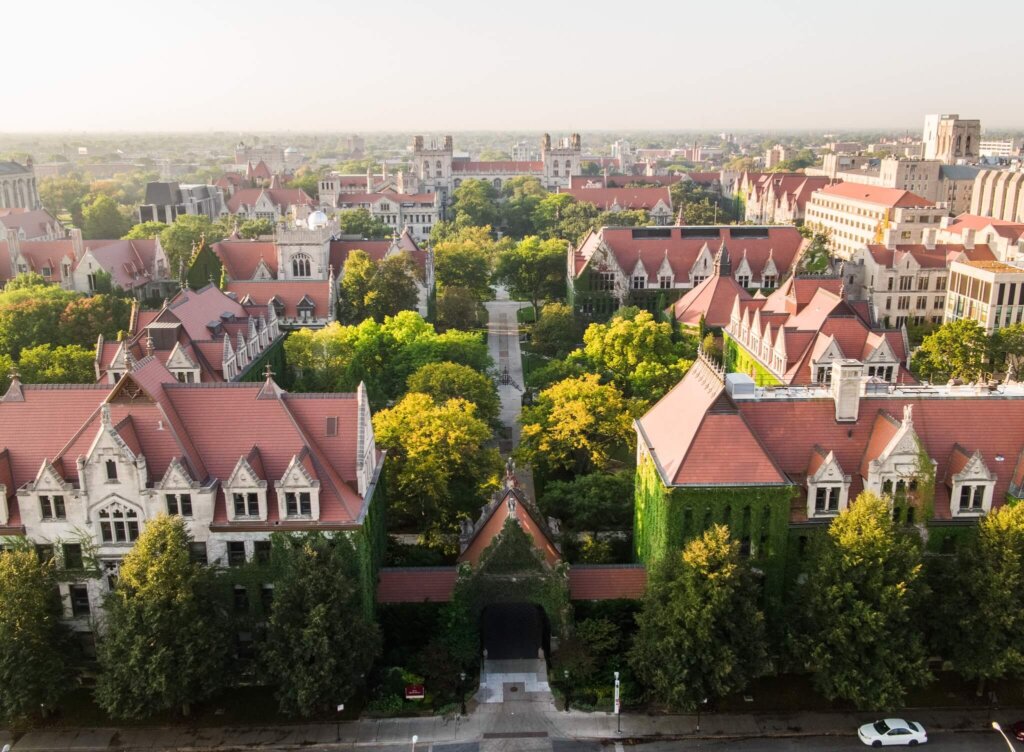Pre-College Advising • Pre-College Planning Guide
How Can Parents Support Academic Exploration?
POSTED ON 07/31/2019 BY The Red Pen

Twenty years ago, the majority of students in India prepped for four major career options: medicine, engineering, business and to a certain extent, law. However, with the explosion of options in the 21st century, your child has multiple opportunities from which to choose. Today, they could be anything, from an animator, a sports consultant, or a software programmer to a theatre artist, a pharmaceutical R&D head, an educational entrepreneur or a musician–all equally accepted and appreciated career pathways.
Back in the day, people typically focused on a particular career stream for the entire duration of their work life. Now, people change their career paths and identify several budding interests as they take on different roles in the workplace and are exposed to or made aware of different career options. According to The World Economic Forum, 65 percent of jobs in the next decade are still unknown to this generation and as such, the future will require interdisciplinary skills and the ability to stay relevant.
So now the question arises, “how can I prepare my child for this?”
This is where academic exploration comes in. A concept similar to what undecided first-year and second-year US college students experience before deciding on their major, academic exploration requires students to take a holistic range of classes that interest them. For example, engineering students take creative writing courses or even religious studies during their time at college. However, this can be experienced earlier in a student’s academic lifecycle as they begin exploring activities outside the classroom during high school.
From a younger age, your child can start their academic exploration journey through numerous avenues. Several summer programmes in India, abroad and even those available online, offer comprehensive courses which can expose students to subject-focused knowledge, current scenarios, case studies, leadership and team-building initiatives, while also serving as a creative outlet. This could help your child realise practical applications of a subject and help them identify various passions and interests early on. Keep in mind that even if your child realises they do not enjoy a particular subject, they may still have learnt some transferable skills that will be useful to them no matter what stream they decide to pursue in the future. Such experiences may also help them identify weaknesses and dislikes, which is equally valuable.
Internships are another way for your child to engage in academic exploration. For example, if your child is considering medicine, then interning at a doctor’s office or hospital can lead them to discover whether or not this is what they wish to pursue. Alternately, if your child is an art student, interning at a think tank can help them consider a design thinking career, rather than fine art.
Apart from this, volunteering is a fabulous way to develop particular skill sets, whilst also creating social impact. For instance, if your child is passionate about reading, they could set up a library for an NGO over the summer or initiate a literacy programme within a lower-income school. Another way your child can volunteer is by partnering with NGOs and non-profit organisations such as Teach for India or committing to a particular cause about which they are passionate, such as the green coverage in their local community. Sustainability, conservation, animal welfare and sanitisation are just some avenues that your child can explore.
Holidays can also be used advantageously as they are a great way for your child to learn about cultures and languages while building on their experiences. A student exchange programme may enable them to engage in activities not available in their home country. Alternately, your child can also participate in various physically challenging programmes during the summer break such as mountain treks, adventure sports and outdoor camps. These help to build survival skills and mental strength while fostering teamwork. Cumulatively, these activities allow for tremendous character building, something that will aid in the application process and beyond.
While your child may spend a lot of time exploring different interests, it is important to remember that they should lean towards interests that come organically. Finding the right fit is imperative and after exploring many avenues, your child should concentrate on a few about which they are passionate, rather than trying to master multiple interests.
Due to the dynamic nature of the job environment, the content your child will learn throughout their educational journey may become redundant. Therefore, the skill set your child acquires during these years is arguably more important than the subject of study. Skills such as the ability to effectively communicate, analyse and quantify data, interpersonal skills, the capacity to deliver on time and the drive to continuously learn in an ever-changing environment are extremely valued by employers.
At The Red Pen, we offer an hour-long meeting where we have a detailed discussion about your child’s profile, along with academic and extracurricular advice. To know more about academic exploration and where your child should start, get in touch with us.





